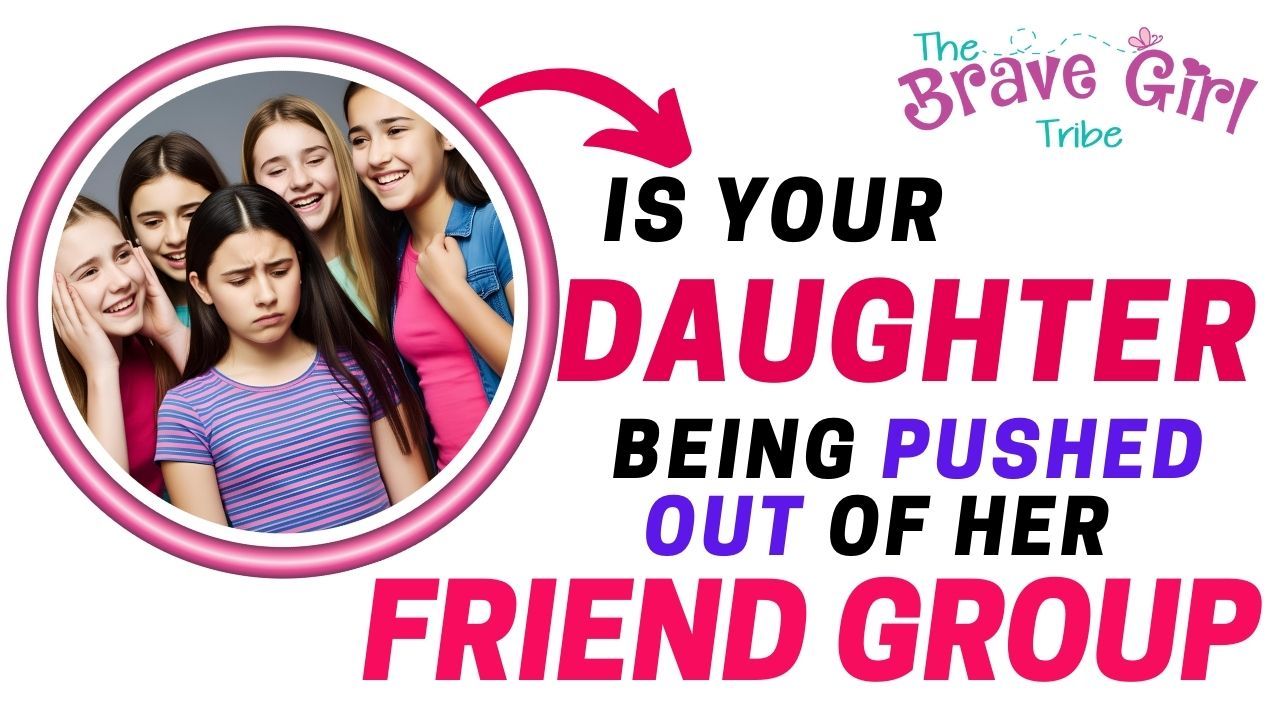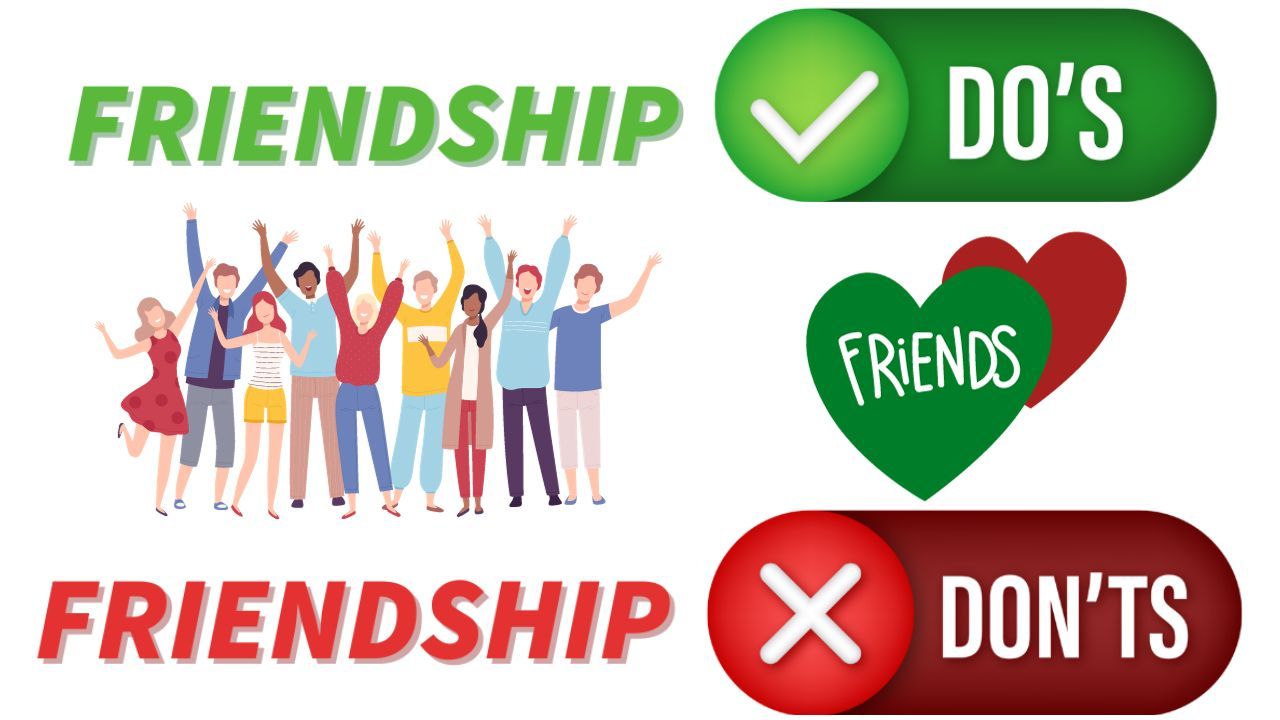The Brave Girl Project Blog
Helping tween and teen girls—and their parents—navigate friendship challenges and build confidence. Find the tools and resources you need to support your daughter and empower her to live bravely.
Sometimes it takes a quiet moment to realize just how much a friendship has changed.
If your daughter has been struggling with a shift in her friend group, that pause in the daily routine might bring those feelings to the surface. It’s almost as if the bridge she built to include someone new was sud...
Have you ever watched your daughter hesitate before saying “yes” to a birthday party, school dance, or group hangout—not because she’s shy, but because she knows someone will be there who makes her feel uncomfortable?
Maybe it’s a former friend who’s suddenly gone cold, a group that’s subtly pushin...
We talk a lot about red flags—the warning signs in friendships and dating relationships. But what about the green flags?
Green flags are the signs of healthy, positive, and uplifting relationships—the kind that help your daughter feel safe, valued, and supported. They help her recognize who is trul...
Has your daughter experienced a friend who seems to be quietly trying to turn others against her?
Perhaps this friend shares negative stories about your daughter when she isn’t around or makes subtle, backhanded comments in front of their friends.
Maybe your daughter has tried to talk to this frie...
Is your daughter struggling with a mean or disrespectful friend in her group?
Many girls I work with in coaching share this same challenge. It's heartbreaking to see how deeply it affects them, especially within their friendships.
Together, we explore why some people behave this way and, most impo...
In our ongoing conversation about the complexities of mother-daughter relationships, this week we're tackling a particularly tricky subject that many of us encounter: passive-aggressive behavior in our teens.
Building on our previous discussion about supporting our daughters through passive-aggress...
This week, a concerned parent shared with me a difficult situation their daughter is experiencing, which may resonate with many of you.
"My daughter was recently informed by two friends that she and her best friend are not included in their prom plans. The reason given was that the group doesn't li...
Many parents ask me for advice on supporting their daughters through the emotional turmoil of friendship troubles.
One common question arises: "Should I contact the girl's parents who are being mean to my daughter?"
I understand how confusing and upsetting it is when our daughter's experience hurt...
Were you ever part of the Girl Scouts?
I was and absolutely cherish the opportunities to engage with different troops. I have the privilege of working with remarkable Girl Scout troops and focusing on the importance of recognizing how relationships can have a powerful impact on us and the value of ...















